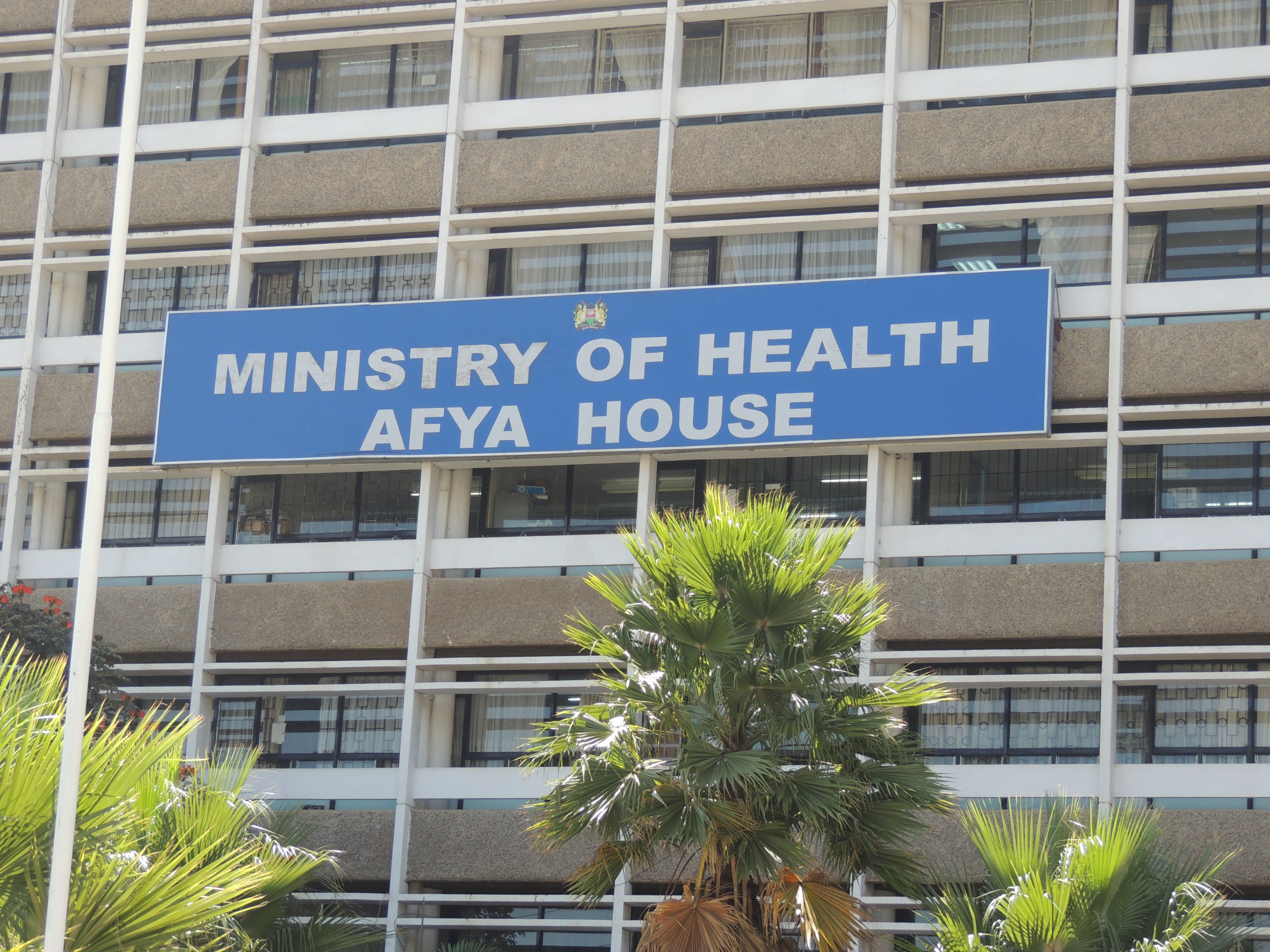
Kenya joined the global community to mark the Second International Day to End Postpartum Hemorrhage (PPH) at the Ulinzi Sports Complex in Nairobi.
The gathering brought together government officials, healthcare professionals, civil society groups, and development partners to draw urgent attention to postpartum hemorrhage, which remains the leading cause of maternal deaths in Kenya and around the world.
During the event, Dr. Patrick Amoth, Director General of Health, stressed the importance of continuous advocacy, timely medical interventions, and strong community education in safeguarding mothers’ lives.
Each year, thousands of Kenyan mothers die from complications linked to excessive bleeding. This crisis is fueled by chronic shortages of blood for transfusions, delays in accessing life-saving emergency care, inadequate numbers of trained healthcare workers,particularly in rural areas and pre-existing conditions such as anemia. The consequences are devastating, leaving children without mothers and families as well as communities in grief.
The Ulinzi Stadium event served as a national platform to raise public awareness of PPH risks, educate communities on recognizing early warning signs during childbirth, promote blood donation drives to address persistent shortages, and advocate for stronger, more responsive health systems for mothers.
The day featured awareness marches, health education sessions, free medical check-ups, blood drives, and moving testimonies from families who have been affected by postpartum hemorrhage.
Government leaders also used the occasion to reaffirm their commitment to ending preventable maternal deaths. They pledged to invest more in emergency obstetric care, strengthen referral systems to ensure women can reach hospitals faster, expand training opportunities for midwives and obstetric specialists, and improve access to blood banks and safe transfusion services across the country.
The Ministry of Health further underscored the role of public-private partnerships, community health volunteers, and grassroots campaigns in ensuring that no woman dies while giving life.
Looking ahead, defeating postpartum hemorrhage in Kenya will require a united effort. Communities must encourage women to seek timely medical care and actively support blood donation initiatives.
Healthcare workers need continuous training and access to resources that enable them to manage emergencies effectively. Meanwhile, the government and its partners must sustain investment in maternal health infrastructure, with particular attention to rural counties that have been hardest hit.
Ultimately, observing the International Day to End Postpartum Hemorrhage is more than just a symbolic gesture,it is a rallying call to protect mothers’ lives.




